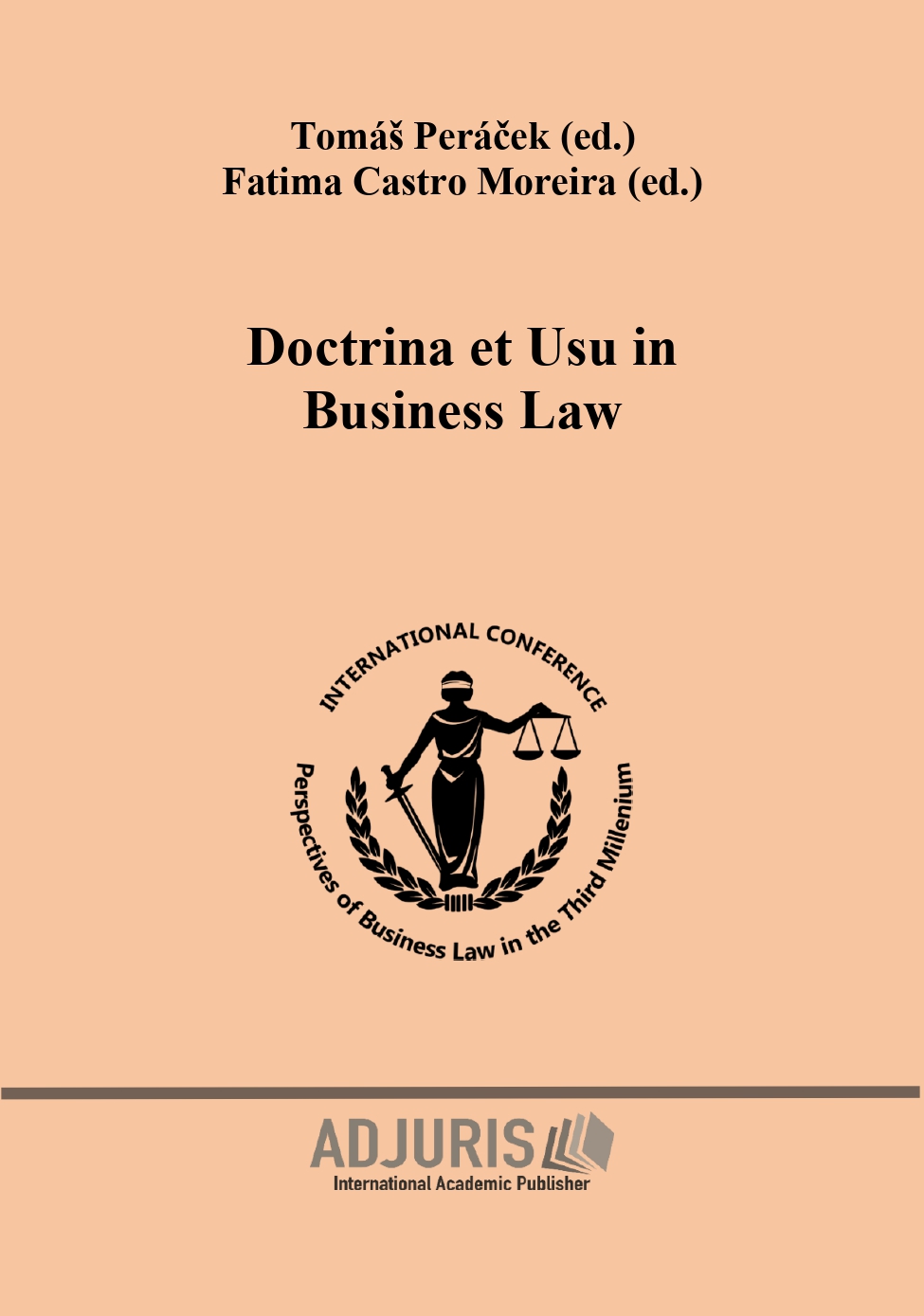The Crime of Money Laundering Committed by the Author of the Principal Crime. The Consequences of Decriminalization
The Crime of Money Laundering Committed by the Author of the Principal Crime. The Consequences of Decriminalization
Author(s): Cristinel Ghigheci
Subject(s): Law, Constitution, Jurisprudence, Criminal Law
Published by: Societatea de Stiinte Juridice si Administrative
Keywords: money laundering; confiscation; appeal to execution; criminal law;
Summary/Abstract: By Decision of the Constitutional Court of Romania no. 418 of 19.06.2018, it was ruled that the author or co-author of the main crime, the accomplice or instigator of the main crime (delictum principale), from which the dirty money comes, cannot be an active subject of the crime of money laundering (delictum subsequens), when the latter crime is committed in the normative version of acquiring, holding or using money or assets. After the pronouncement of this decision, some courts found that the committed act is decriminalized, without analyzing whether the concrete act for which the author was convicted falls under another normative variant of the crime of money laundering. The study analyzes if this is possible in the procedural framework of the appeal to execution in criminal matters. The issue is important because the rejection of the appeal to execution, on the grounds that the act falls under another variant of the crime of money laundering, has no consequence on the order to confiscate the proceeds of the crime.
- Page Range: 67-82
- Page Count: 16
- Publication Year: 2023
- Language: English
- Content File-PDF

